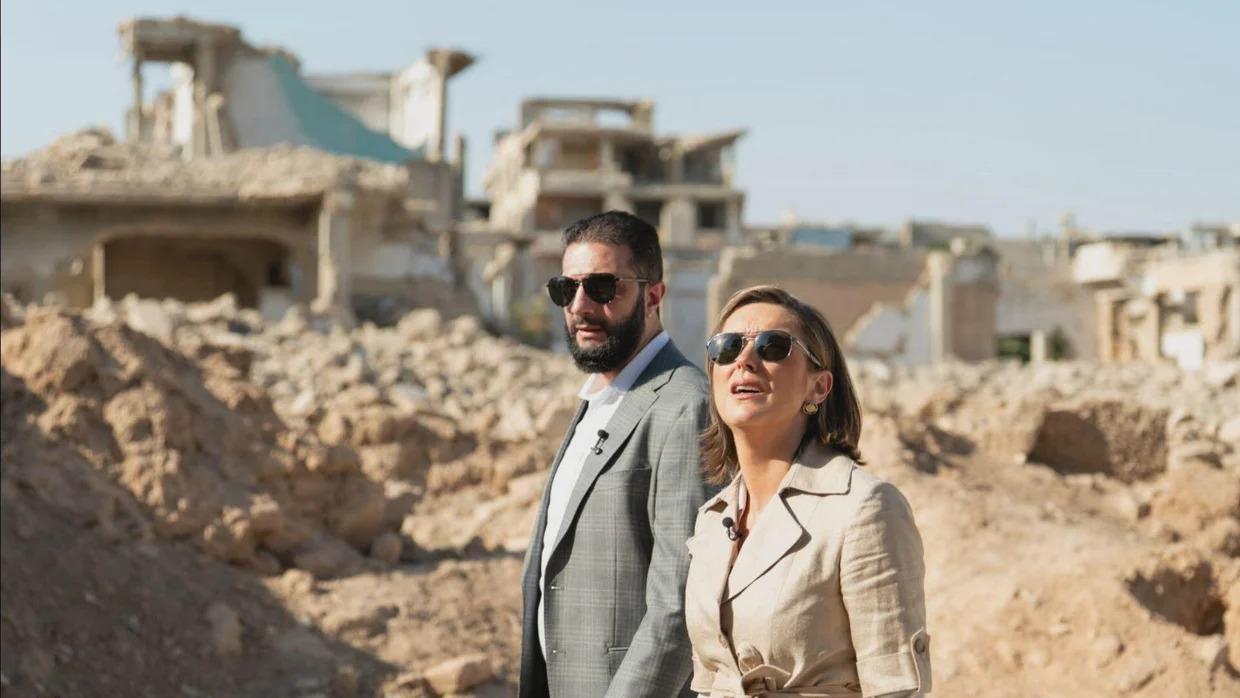
Syrian President Ahmad al-Sharaa has expressed renewed hope for his country’s reconstruction while reiterating Damascus’s commitment to see the deposed leader Bashar al-Assad handed over to justice.
Speaking to Margaret Brennan for CBS News’s "60 Minutes" as they toured a devastated neighborhood of the capital, Sharaa said Damascus will persist in pursuing accountability.
“We will use all legal means possible to demand that Bashar al-Assad be brought to justice. However, engaging in a conflict with Russia right now would be too costly for Syria. Nor would it be in the country's interest,” Sharaa said.
Assad fled to Moscow when forces loyal to Sharaa advanced on Damascus in December 2024 and has remained there since. Syria’s new government has already submitted a formal extradition request to Russia.
During the visit to the Cobar district, Brennan was shown rows of ruined buildings and heard Sharaa describe the civil war as savage and relentless.
He argued that many structures were deliberately targeted to drive people from their homes and stressed the urgent need to address the deep psychological wounds left in the population. Restoring hope and creating conditions for return, he said, are essential first steps in any rebuilding effort.
Brennan recalled that when Sharaa met U.S. President Donald Trump in May, Trump had called him “handsome” and “tough,” and had referred to a fraught past.
“Have you any doubt about that?” Sharaa said on Trump’s description.
Brennan pressed the point that Sharaa’s history had led the U.S. government to designate him as a terrorist and that a $10 million bounty on his head had only been removed months ago.
Sharaa dismissed that chapter as belonging to decades past, saying it would have been a waste of money to punish actions committed when he was a teenager and that a person’s awareness and positions evolve over time.
The former militant leader, Sharaa told the program, ultimately severed ties with a one-time ally who went on to found ISIL and formally renounced allegiance to al-Qaida in 2016. Asked whether his earlier associations were ideological or strategic, he insisted that if he had truly agreed with those groups he would not have left them.